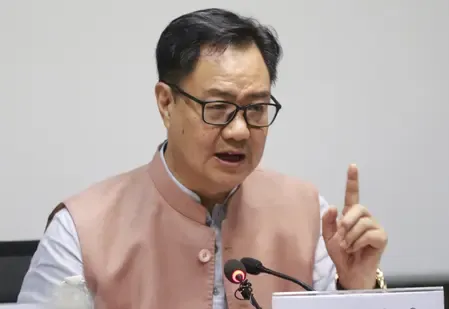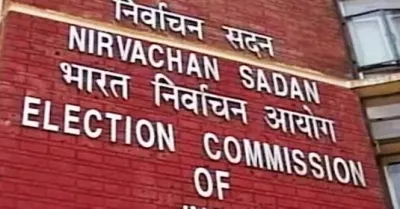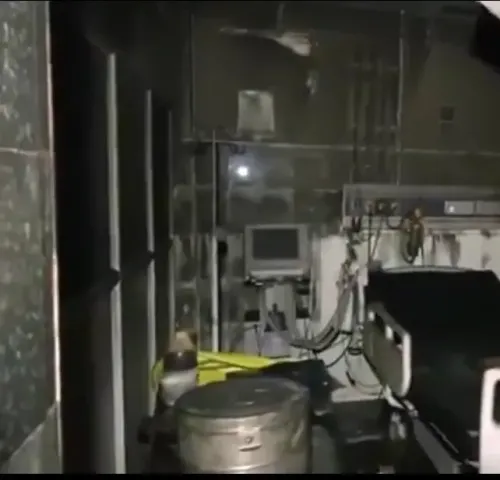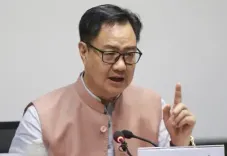Why Are Tamil Nadu Farmers Turning to Private Money Lenders?
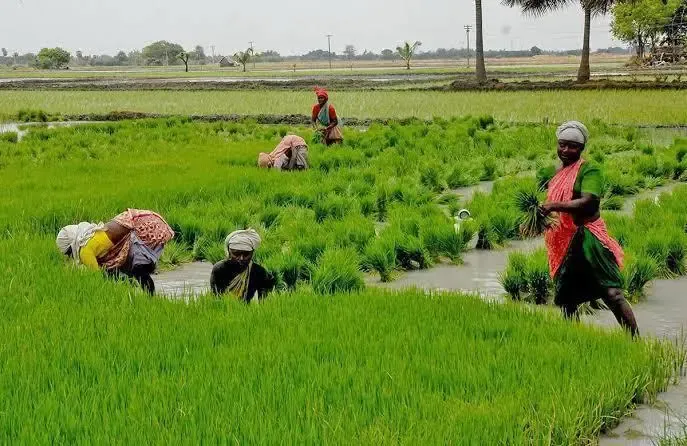
Synopsis
Key Takeaways
- Farmers are turning to high-interest private lenders due to loan delays.
- Cooperative societies are demanding extensive documentation.
- This has led to a cycle of debt for many farmers.
- Urgent reforms are being called for by farmer associations.
- The state agriculture department plans to review the loan process.
Chennai, June 30 (NationPress) Numerous farmers in the delta regions of Tamil Nadu, known as the state's rice bowl, are compelled to seek assistance from private money lenders and microfinance companies, which impose interest rates ranging from 36 percent to 60 percent. Due to delays in the disbursement of crop loans by cooperative societies, many find themselves in distressing situations, often losing properties they had pledged as collateral.
Farmers across various districts have raised alarms regarding cooperative societies' increasing demand for extensive documentation, particularly a “no-dues” certificate from banks where they have accounts, before approving loans. This bureaucratic delay can extend for weeks, during which time farmers might have already prepared their land for sowing.
Manikantan M.R., a farmer from Thanjavur, shared his experience. “The local cooperative society postponed my crop loan, requiring a no-dues certificate from my bank. It was taking too long, and with the sowing season nearing, I had no option but to approach a private lender charging 60 percent interest,” he explained.
He had to pay the interest upfront, with the lender deducting the full amount before giving him the remainder. “I used that money to commence cultivation,” he added, noting that his previous cooperative loans were interest-free.
This alarming situation has trapped many farmers in a vicious cycle of debt. With exorbitant interest rates and immediate payment demands, their financial load amplifies significantly.
The risk of losing pledged assets is imminent, and the cost of cultivation rises sharply.
In response to this crisis, P. Viswanathan, president of the Tamil Nadu Tank and River Irrigation Farmers Association, has urged legislators to find solutions during the upcoming monsoon session of Parliament.
“The state government should advise the Union government to streamline the disbursement of crop loans,” he emphasized.
He also called for the issuance of a formal order -- known as a Government Order (GO) -- to address issues related to CIBIL (Credit Information Bureau India Limited) score requirements that hinder timely loan approvals.
He insisted that cooperative societies simplify their documentation processes and expedite loan processing to prevent farmers from resorting to high-cost private lenders. “If the banking process itself is causing delays, it is imperative to reassess its legal validity when lives and livelihoods are at risk,” remarked Viswanathan.
Farmers’ organizations and activists have united in this demand for reforms, cautioning that unless cooperative societies tackle procedural bottlenecks, the escalating dependency on exploitative private credit could severely undermine agricultural productivity and threaten rural financial stability.
The state agriculture department has recognized these concerns and announced a review of the current loan process. However, farmers are anxious for prompt action as the next planting season approaches, bringing with it the risk of another cycle of high-interest debt.

